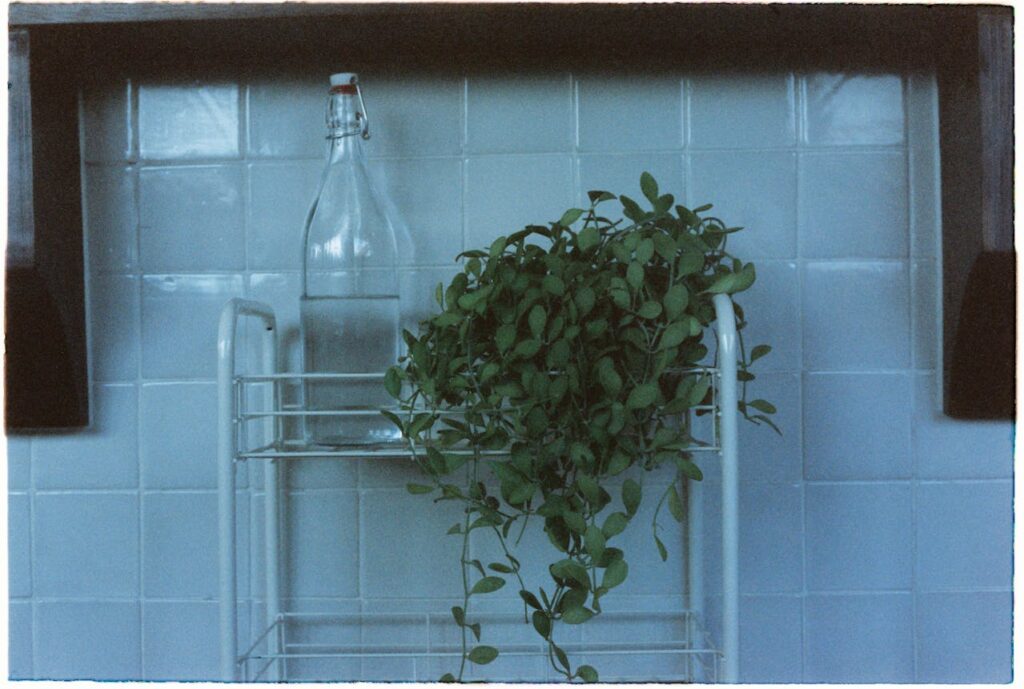Keeping a bird as a pet can be a rewarding experience, but it is essential to ensure that the bird's environment is safe and free of potential dangers. Many plants add beauty to your home, but some common plants can threaten the health of your bird friends.
Spruce Pets notes that toxicity varies depending on the type of plant, the size of the bird, and the amount ingested. Gastrointestinal upset indicates poisoning, which can lead to death. Here are five plants commonly found in homes across the UK that are poisonous to pet birds.
Lily (Lilium spp. and Hemerocallis spp.):
Lilies are loved by gardeners for their elegant appearance and scent. However, all parts of the lily plant, including petals, leaves, and pollen, contain toxins that are highly toxic to birds, especially cats, and can cause kidney failure if ingested.
Also read: Top 5 Most Affordable Pet Birds
Ivy (Hedera spp.):
Ivy is a versatile, hardy climbing plant often used for home and garden decoration. Ivy adds a touch of green, but it also contains saponins and other toxic compounds that can cause indigestion, vomiting, and diarrhea in birds.
Azaleas and rhododendrons (Rhododendron spp.):
Azaleas and rhododendrons are flowering shrubs prized for their bright flowers and evergreen foliage. However, these plants contain grayanotoxin, which if ingested by birds can cause symptoms such as drooling, weakness, and heart problems.
Also read: Understand the average lifespan of your pet bird
Taxus (Taxus spp.):
Yew trees in British gardens and parks are popular for their dense foliage and red berries. However, all parts of the yew plant, including fruit, seeds, and leaves, contain toxic alkaloids that can be fatal to birds if ingested.
Daffodils (Narcissus spp.):
Daffodils are iconic spring flowers known for their bright yellow flowers and trumpet-shaped petals. While daffodil bulbs add vibrancy to your garden, they contain alkaloids such as lycorine, which can cause vomiting, diarrhea and abdominal pain if ingested by birds.
Bird owners should understand the risks of common plants and take steps to keep their pets away from plants. Protect indoor plants from birds, remove poisonous plants from outdoor areas, and protect your bird friends.
Also read: Are birds good pets?
If your bird ingests a poisonous plant or shows signs of poisoning, seek veterinary attention immediately. Prompt treatment will minimize the effects of poisoning and increase the likelihood of a positive outcome for your feathered friend.
Enhance the beauty of your home while keeping your feathered friends safe and healthy by choosing bird-safe plants wisely. By being vigilant and proactive, you can create a safe and healthy environment for your bird friends to thrive.
Click here to read more articles by Dumani Moyo
Artificial intelligence helped edit this article.

